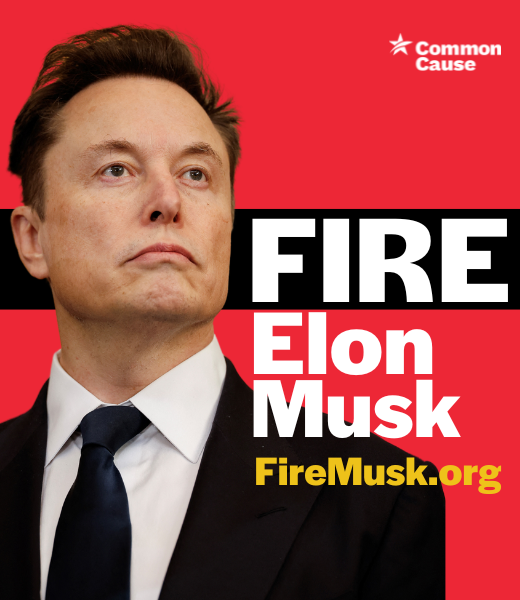Гид
Гид
Explainer: Trump’s Executive Order on Controlling Independent Agencies
By Alton Wang
Summary:
- What’s happening: The Trump Administration is trying to override independent federal agencies and place them under Trump’s direct control.
- Why it matters: Independent agencies are meant to serve the American people free from political influence. Presidential control of these agencies will get in the way of their crucial missions, and let Wall Street crime go unchecked, drive up prices, and open our elections up to cyber-attacks.
- Our position: Donald Trump & Elon Musk’s power grabs are illegal and must be stopped. Independent federal agencies must continue their critical work free from partisan political influence.
Trump Executive Order: Ensuring Accountability for All Agencies
Trump’s Executive Order: Ensuring Accountability for All Agencies
This Executive Order (EO) continues the Trump administration’s ongoing effort to assert, seize, and expand executive power by aiming to bring independent federal agencies under the purview and control of the President, a move that is likely illegal and unprecedented. The EO also specifically purports to impact the Federal Elections Commission (FEC), where recently Trump attempted to remove Commissioner Ellen Weintraub.1
Increased Presidential Control Over Independent Agencies
The EO would require independent federal agencies to submit proposed regulations to the White House for review and put their operations and spending under the oversight of the Office of Management and Budget (OMB) to “align” with the President’s priorities. These independent agencies, such as the Securities and Exchange Commission (SEC), the Federal Trade Commission (FTC), and the Federal Communications Commission (FCC), alongside the FEC, were created by Congress to have a degree of independence from the White House.2 The only exception in this EO from Trump’s control is the Federal Reserve’s conduct of monetary policy.
The White House’s Justification
The White House believes that these independent agencies should not be able to “wield vast executive power” without being “supervised and controlled by the… President.” Additional guidance is expected to be released by OMB on this EO’s implementation, with its implementation expected in sixty days.
How the EO Expands Executive Power
The EO increases presidential control of independent agencies by putting agency heads under the oversight of the Director of OMB, with the OMB Director establishing “performance standards and management objectives” that is reported up to the President. The OMB Director will also review the agencies’ “consistency” with the President’s policies and priorities, and advance those priorities through the agencies, which also may control the actual activities or functions of the agencies. By requiring agency heads to consult and coordinate with the White House and creating liaisons to the White House within these agencies, it will substantially increase the White House’s involvement in the agencies’ everyday affairs.
The “Unitary Executive Theory” and Its Legal Implications
In line with other EOs implemented by this administration and the “unitary executive theory” advanced in Project 2025, the EO purports to control any independent agency’s interpretations or application of the law and prohibits conflicts with the policy positions of the President and Attorney General.
The EO’s Legality is in Question
The legality of this EO is dubious – the statutes creating many of these independent agencies establish their independence from the White House. For example, the SEC is described as “independent of executive authority, except in its selection.”3 In its enabling language, the independence of SEC is made clear through a structure in which the president appoints commissioners but cannot remove them. In addition, there are several topics in which the SEC is required to report directly to congressional committees without White House involvement.4
Impact on the Federal Elections Commission (FEC)
The EO also identifies the Federal Elections Commission (FEC) as one of the independent agencies that would fall within the control of the White House under this Order. The FEC is established as an independent agency outside of federal executive departments and the White House under federal law.5 Following the letter of this EO, the FEC would be required to submit to oversight by the OMB Director and follow the policies and positions of the Trump White House. The impact will at least include:
- Proposed regulations, guidance, and actions would have to align with or authorized by the President or the Attorney General
- FEC would not be able to adopt legal interpretations contrary to the White House
- Need to adjust FEC’s work to “advance the President’s policies and priorities”
Additional useful articles:
Связанные ресурсы
Гид
Explainer: Trump Administration’s Proposal to Task USPS with Census Enumeration
Письмо
Common Cause Urges Congress to Include 7 Criteria in Next Government Funding Bill
Гид
Explainer: Trump’s Executive Order on Controlling Independent Agencies
By Alton Wang

